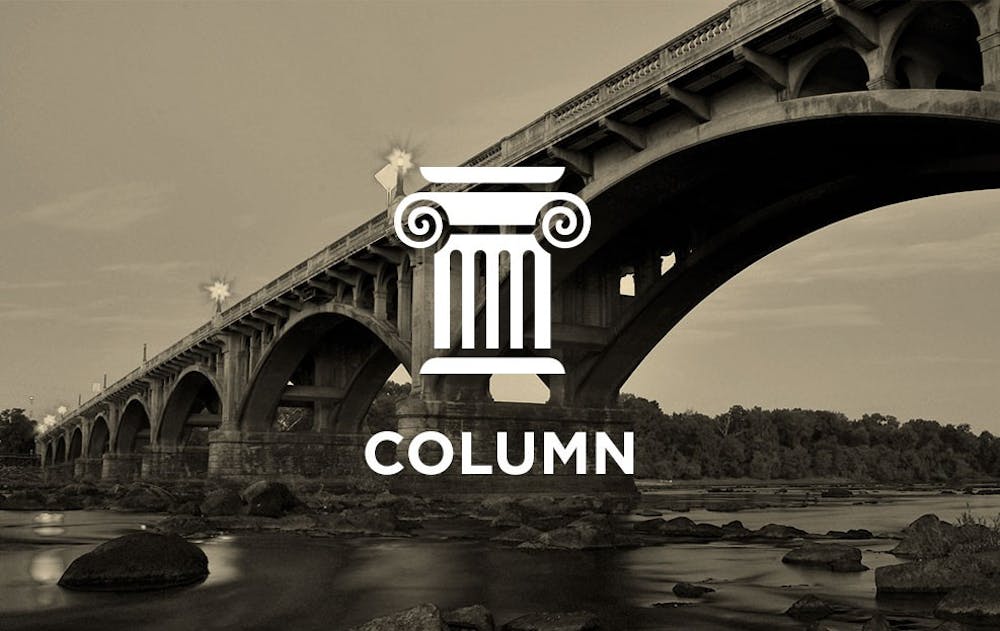Where'd you go for Spring Break? If you're lucky, you managed to slip away to somewhere with plenty of sun, sand and waves. Key West, the Dominican Republic and other Caribbean Islands (or a cruise to take you to all three) are all popular vacation spots for students and "regular people" alike. President Obama is celebrating the arrival of spring with a trip to the tropical Cuba.
I doubt, however, that he'll have much free time to spend relaxing on the beach — his trip is diplomatic in nature. Obama is the first sitting president to visit Cuba in almost 100 years (since President Coolidge in 1928), following up on years of work increasing diplomatic communication between the two countries, including the reopening of a U.S. embassy in Cuba (after over 50 years of silence) and the lifting of several important trade barriers.
This trip will likely serve as the crowning achievement in these relations, the result of policy changes that President Obama worked hard to enact and that he was (and continues to be) repeatedly attacked not only by his Republican opponents but also by his fellow Democrats. These opponents claim that the president is supporting an authoritarian regime guilty of a slew of humans rights abuses. Republican presidential hopeful Sen. Ted Cruz went as far as to pen a column criticizing the trip, calling it "appeasement of the Castro dictatorship."
What exactly would Cruz and the rest of the critics prefer be done with US-Cuban relations? Their language suggests they would like to continue the diplomatic and economic cold shoulder we've been giving them for the past 50 years. I guess they think that a policy that has failed to show any results after half a century will suddenly start working if we just keep doing the same thing. It's the same idea that keeps the Republicans rallied behind the failed War on Drugs, regardless of its consequences.
Cruz and his allies are correct that the Castros have oppressed the Cuban people for decades, freezing the nation at the point of development it was when they rose to power. The Cuban government has both metaphorically and literally held its citizens hostage, preventing their escape from oppression. But when we paint Cuba and the individuals that live there as the enemy, we encourage the fear and hatred that the Castro family relies upon to justify their rule. In doing so, we reinforce their authoritarian controls.
I don't always praise the president, but when I do, it's for promoting freedom. Opening up trade with Cuba will weaken the grip the Cuban government has over its people. Cubans will be less dependent on their government for employment. Cubans will be less dependent on their government for clothes, cars and other goods. Cubans will be less dependent on their government for food. When Cubans see America as a valuable trade partner, instead of a terrifying enemy, Cubans will be less dependent on their government for security.
Trade and freedom go hand-in-hand; greater economic independence of the individual erodes state control over his or her life. The best way for the U.S. to put an end to the Castros' oppressive regime is not by locking the people of Cuba in with their captors but by opening the door for them to see the light of freedom and the benefits it offers.

